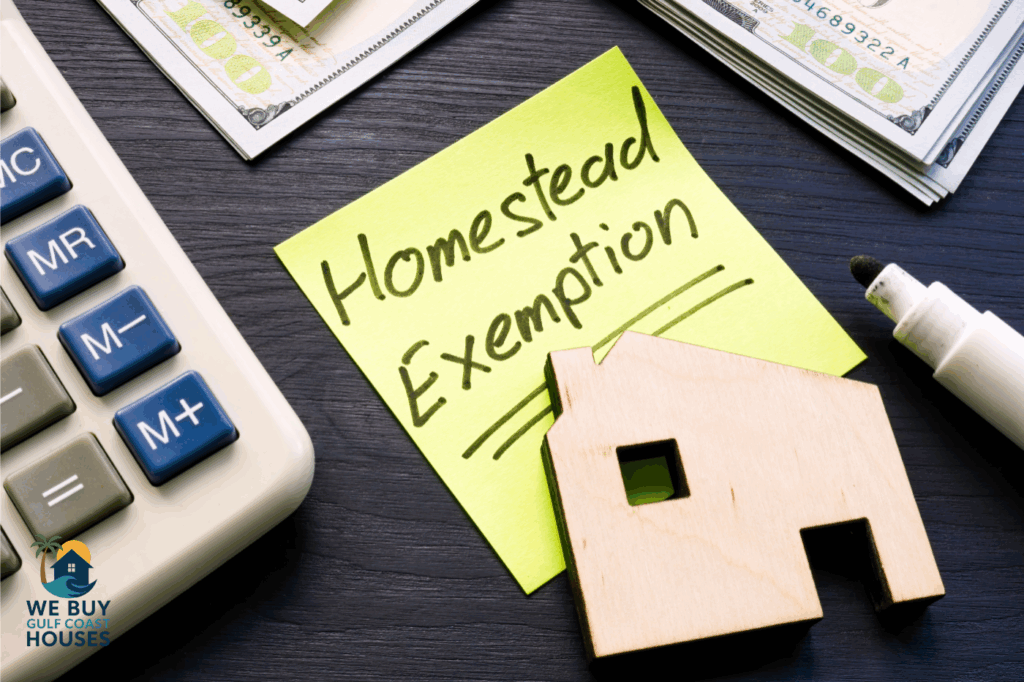Picture this: you’re a Florida homeowner watching property taxes climb year after year, eating into your budget and dreams. But there’s a powerful, often underutilized tool that can save you thousands annually—the Florida Homestead Exemption. This guide is your roadmap to understanding, qualifying for, and maximizing this essential tax break, so you can keep more of your hard-earned money and plan a better financial future.

What is the Florida Homestead Exemption?
The Florida Homestead Exemption is a legal provision that reduces the taxable value of your primary residence. For eligible homeowners, it offers a base exemption of up to $50,000, significantly lowering annual property tax bills.
The first $25,000 applies to all property taxes, including school district taxes. The second $25,000 applies only to non-school taxes on the assessed value between $50,000 and $75,000. This layered approach can yield meaningful savings year after year.
Who Qualifies for the Florida Homestead Exemption?
To qualify:
- You must own the property as of January 1 of the tax year.
- It must be your permanent residence.
- You must be a permanent Florida resident.
If you recently bought a home, applying promptly is crucial. Most counties require you to file by March 1 to receive the exemption for that year.
Benefits Beyond Lower Taxes
It’s more than just saving on property taxes. The homestead exemption in Florida also offers:
- Assessment cap: The Save Our Homes (SOH) cap limits annual increases in assessed value to 3% or the CPI (whichever is lower). This shields you from runaway tax hikes as property values rise.
- Creditor protection: Under Florida’s Constitution, your homestead property is protected from many creditors in bankruptcy or judgment scenarios.
- Inheritance advantages: Homestead status can pass to heirs with certain tax protections intact.
These benefits make it an essential consideration not only for your budget today but for long-term estate planning.
How to Apply for Homestead Exemption in Florida
Applying is generally simple:
- Gather documents: Proof of residency (driver’s license, voter ID, utility bills).
- File with your county appraiser: Applications are usually accepted online or in person.
- Meet deadlines: Typically March 1 of the tax year.
Most counties also offer automatic renewals once you’re approved, making it a one-time chore with lasting rewards.
For authoritative instructions, visit your county property appraiser’s website.
Potential Pitfalls and Considerations
While the homestead exemption offers clear advantages, be aware of:
- Portability: If you move within Florida, you may transfer your SOH benefit. But failing to apply can lose this cap.
- Partial-year residency: Snowbirds or those with multiple homes must be careful to meet “permanent residence” requirements.
- Co-ownership: Ownership shares can affect exemption eligibility.
Understanding these nuances helps avoid surprises and lost savings.
Alternative Solutions for Homeowners Facing Financial Strain
If property taxes remain unaffordable despite the exemption, or you’re underwater on your mortgage, consider selling your house to a cash investor. These buyers offer:
- Quick closings (often under 30 days)
- No repairs or showings needed
- Flexible terms that can help avoid foreclosure
At We Buy Gulf Coast Houses, we specialize in fair cash offers that relieve financial pressure while ensuring a smooth process.
Check out our guide on How to Sell Your House Fast in Florida for more insights.
Internal Links for Related Reading
Conclusion
The Florida Homestead Exemption is more than a tax discount—it’s a shield against rising assessments, a layer of creditor protection, and a cornerstone of sound financial planning. By understanding your eligibility and applying correctly, you can safeguard your home and finances for years to come.
If you’re facing challenges even with these savings, exploring a cash offer might be the lifeline you need. Whether you want to stay or sell, making an informed decision starts here.
Frequently Asked Questions (FAQ)
1. What is the Florida Homestead Exemption?
It’s a tax break reducing the taxable value of your primary residence by up to $50,000, lowering annual property taxes.
2. Who qualifies for the homestead exemption in Florida?
You must own and occupy the home as your permanent residence on January 1 and be a permanent Florida resident.
3. How do I apply for the exemption?
File with your county property appraiser by March 1, providing proof of Florida residency and property ownership.
4. What is the Save Our Homes cap?
A 3% annual limit on increases in assessed property value, protecting you from sharp tax hikes.
5. What if I can’t afford property taxes even with the exemption?
Consider selling to a cash investor to avoid foreclosure and quickly relieve financial stress.
